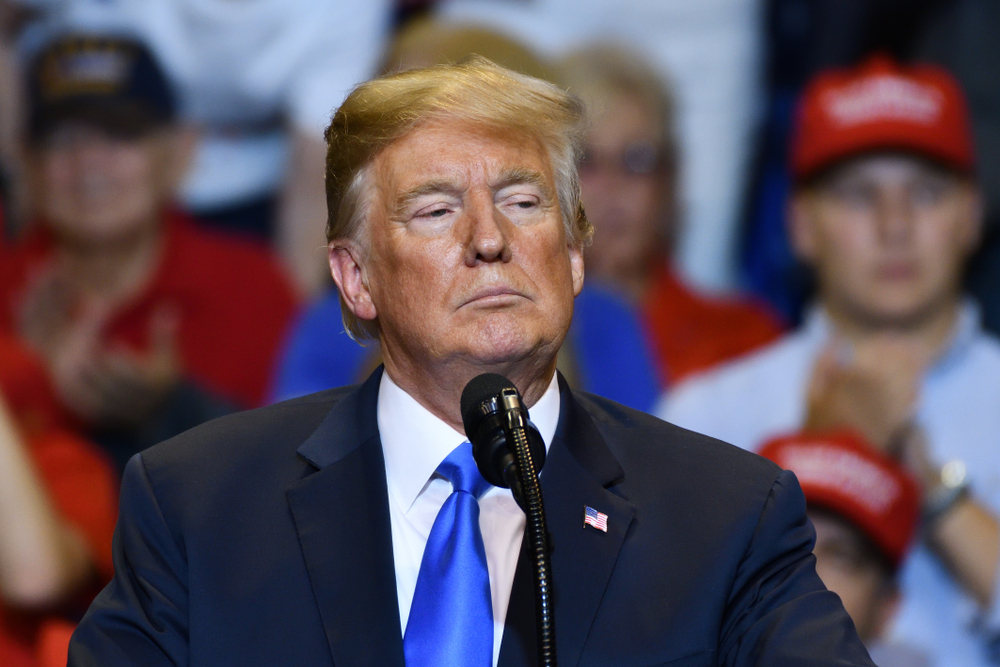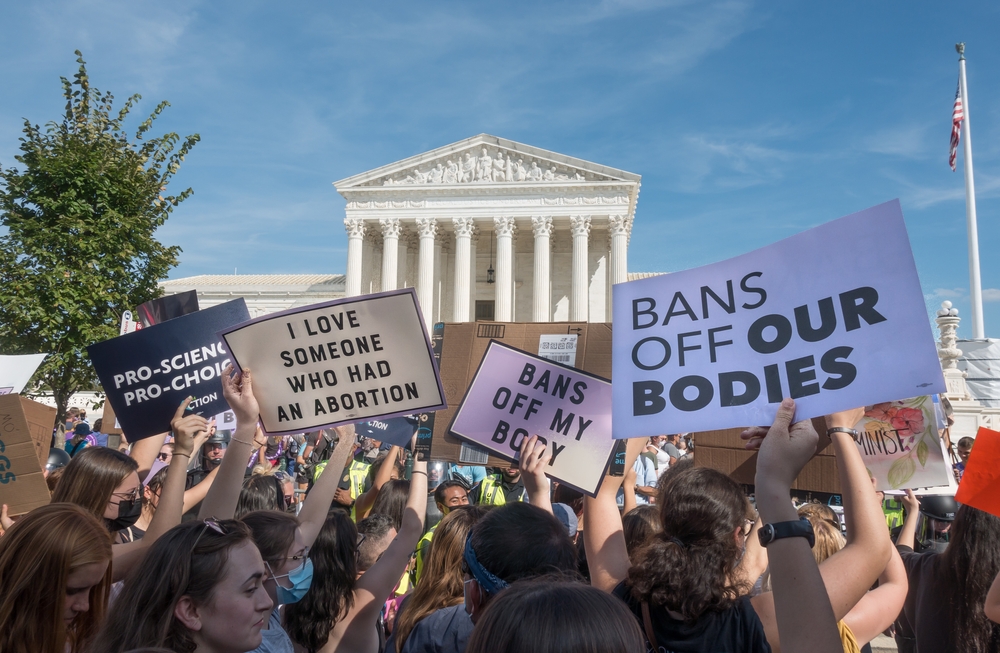
Trump’s Legal Team Seeks 2026 Start, Prosecutors Aim For Speed
Former President Donald Trump is at the center of a heated debate over the start date of his Washington, D.C. federal trial regarding his efforts to overturn the results of the 2020 presidential election.
Special Counsel Jack Smith and his team are pushing for an expedited timeline, requesting that jury selection commence this December and the trial begin in January 2024.
The rationale behind this timeline, as expressed by Senior Assistant Special Counsel Molly Gaston, is to honor the public’s vested interest in a swift trial, a right she claims is safeguarded by both the Constitution and federal law.
This urgency, Gaston emphasized, stems from the gravity of the case as Trump, the 45th president of the United States, stands accused of conspiring to subvert the legitimate results of the 2020 presidential election, obstructing the certification process, and casting doubt on the validity of citizens’ votes.
Trump’s attorneys, however, are countering with a different timeline. Advocating for a more extensive preparation period, the legal team filed a request that would see the trial delayed until April 2026.
Lawyers for Donald Trump say it will take years to prepare a defense against allegations that he conspired to overturn the legitimate results of the 2020 election and ask a judge to hold his trial in 2026, long after he finishes running in 2024’s election. https://t.co/Lpoqu2wbyQ
— The Washington Post (@washingtonpost) August 18, 2023
“The public interest lies in justice and fair trial, not a rush to judgment,” the lawyers wrote.
If the request is granted, the trial would be carried out after the presidential election slated for November 2024.
The charges against Trump in this case encompass a range of allegations, including Conspiracy to Defraud the United States, Conspiracy Against Rights, Conspiracy to Obstruct an Official Proceeding and Obstruction of and Attempt to Obstruct an Official Proceeding.
The indictment asserts that the presidential candidate’s persistent claims of election fraud following his loss were knowingly false and were propagated to lend credibility to his assertions and stoke widespread mistrust and anger among the populace.
As written in the 45-page document, “Despite having lost, the Defendant was determined to remain in power. So for more than two months following election day on November 3, 2020, the Defendant spread lies that there had been outcome-determinative fraud in the election and that he had actually won.”
“These claims were false, and the Defendant knew that they were false. But the Defendant repeated and widely disseminated them anyway — to make his knowingly false claims appear legitimate, create an intense national atmosphere of mistrust and anger, and erode public faith in the administration of the election,” he added.
Interestingly, the indictment distinguishes between Trump’s rights to voice concerns about the election and the specific actions that form the basis of the charges. According to the allegations, the GOP frontrunner’s actions extended beyond a mere expression of his views and involved efforts to undermine the election process itself.




